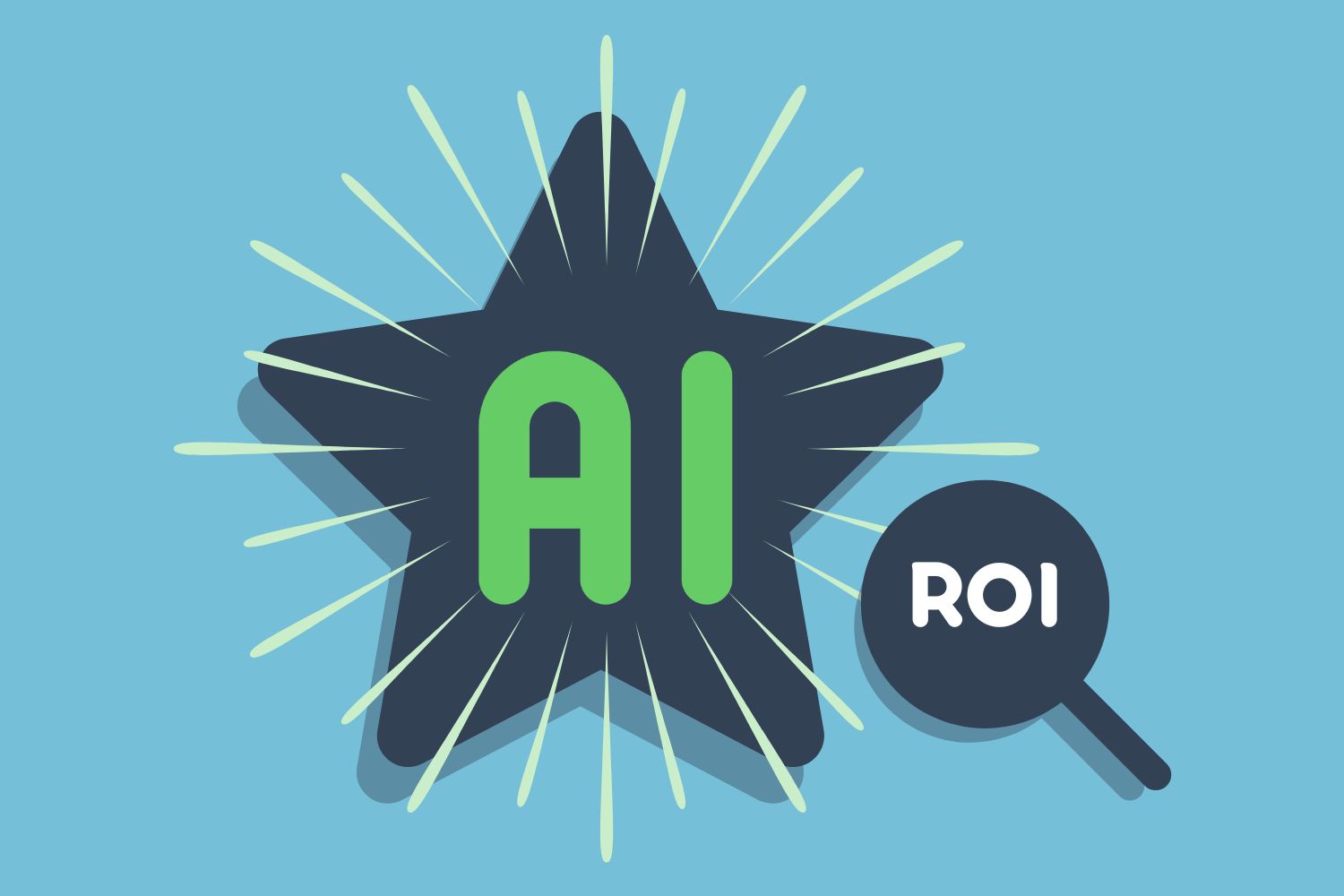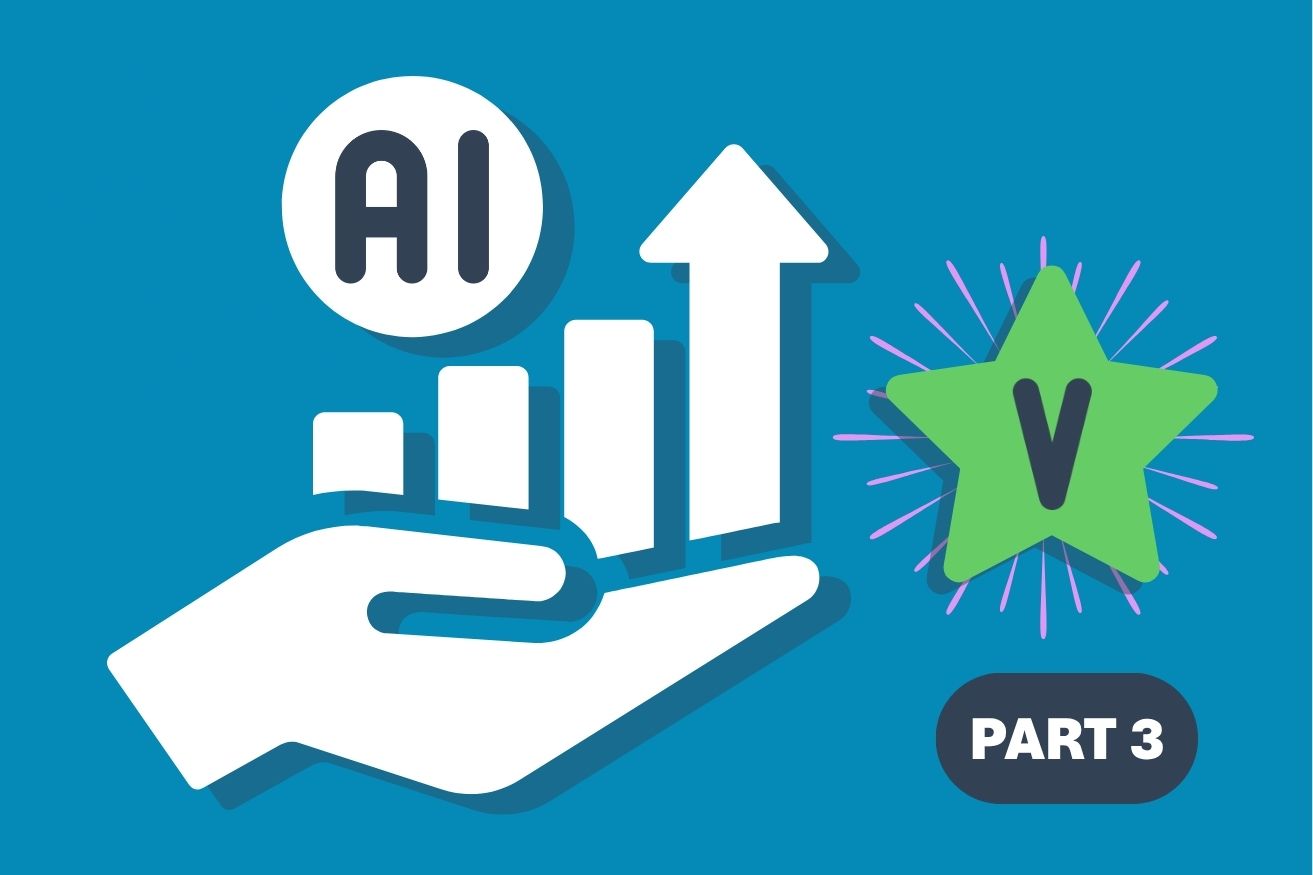From Data to Real Value: Why Context Makes All the Difference
Original article in Dutch by Outvie.
Data in itself does not yield anything. It's what you do with it and in what context. Nadiem von Heydebrand, CEO & Co-founder of Mindfuel, and Kees Gelderblom, Commercial Director at Systemation, share this conviction. During the Dag van de Chief Data Officer (CDO), they will discuss how organizations make the transition from data collection to results. Systemation helps organizations get the most out of their data with the most innovative software and expert advice. Software company Mindfuel helps organizations to structure, manage and measure their data and AI initiatives.
From data output to business impact
According to Nadiem, the core of value creation lies not in the amount of data, but in the purpose for which you use that data. "Data has no value without context. You can have millions of records, but only when you know what problem you are solving or what goal you want to achieve, does data become valuable. That always starts with the business outcome."
He refers to the period when organizations invested heavily in data lakes and big data. "Around 2015, data projects were popping up everywhere. Companies built huge data platforms, but often didn't know what for. Many of those projects failed because they were too focused on technology and too little on value."
The art of making data visible
Kees adds that even organizations that use data effectively have difficulty making the value visible. "The impact of data is often spread across departments, processes, and systems. You can't always easily capture that value in a single number. Sometimes it's not about money, but about social impact, customer satisfaction, or sustainability. That is precisely why it’s important to create a place where all those insights come together and stakeholders talk to each other about what data truly delivers."
According to him, that is also the strength of platforms like Mindfuel’s. "They help to bridge the gap between different data points and perspectives, so that everyone in the organization has the same understanding of what value means."
From output to outcome
The conversation about data is increasingly shifting from output to outcome. Nadiem: "We should not only focus on what we produce in terms of data, but especially on what it delivers. That principle comes from product management: it's not about the product itself, but about the experience it creates. Data is no different. The real value is in the outcome, in what it brings to the organization or the customer."
At the same time, he emphasizes, output remains important. "You need quality output to create value. But output without outcome is meaningless. We have to learn to think in terms of effects, not just results."
Connection between IT and business
To make that shift, IT and business must learn to speak each other's language.
"We need translators," says Nadiem. "Not only literally, but also in meaning. Business people don't have to become data specialists, but they do need to understand how their actions impact data. Conversely, data experts need to understand what the business is really trying to achieve. Only then will there be mutual understanding."
Kees agrees: "It starts with a genuine interest in each other's world. If IT and business are not connected by a common goal, you are talking past each other. As soon as you work together towards a strategic goal, the dynamics change completely."
Speed and simplicity in data initiatives
What helps to make choices faster in data initiatives? According to Nadiem, it's all about perspective. "Organizations often have three layers: the data layer, the metadata layer, and the value layer. The latter makes it possible to make decisions based on value instead of just technology. The better you have structured that perspective, the faster you can set priorities and accelerate projects."
Kees adds: "Once you know which projects really contribute to the organizational goals, you can stop activities that don't. That saves a tremendous amount of time and energy."
Everyone on board
A data-driven organization can only be created if everyone participates, says Nadiem. "That requires transparency, understanding, and simplicity. Transparency about what happens with data, understanding the role everyone plays in it, and simplicity in the way we work with data. Complexity is the biggest enemy of adoption."
Kees also recognizes that awareness is crucial: "Data literacy (that people understand what data means for their work) makes all the difference. Only then will data-driven working become reality for the entire organization, not just IT."
The CDO as the connector
What do they hope visitors will take away from the Dag van de CDO? "For me, it is successful when the room is full of people who want to learn, discuss, and connect," says Kees. "The CDO has a unique position: he or she connects IT, business, and strategy. Those who perform that role well literally become the spider in the web of the organization."
Nadiem adds: "This is the time for CDOs to claim their place at the boardroom table. Technology and AI bring enormous opportunities, but also risks. CDOs must help maintain that balance and demonstrate that they are accountable for how data and AI influence the business model. They are no longer just supportive, but strategically indispensable. Those who are not there will miss the opportunity to be part of that conversation and of the change that is now taking place."
Want to know more about Dag van de CDO?
The Dag van de CDO will take place on December 2 at Van der Valk Exclusief in Utrecht. View the full program and speakers, including Nadiem von Heydebrand and sign up.
Nadiem von Heydebrand is CEO and Co-founder of Mindfuel. With a passion for data science and product management, he is the founder of Data Product Management, showing the value that data really brings to organizations. He has been working in the data business for more than a decade, building and scaling data teams and working with companies such as Volkswagen, Munich Re, Allianz, Red Bull and Vorwerk to help them become truly data-driven. At Mindfuel, he developed the first Data & AI Impact Platform for data leaders. Mindfuel brings together business needs and data capabilities, increases transparency and efficiency, and turns investments in AI and data into demonstrable business success.
Kees Gelderblom is Commercial Director at Systemation, where he helps organizations get more value out of their data. With a strong focus on innovation in data management, governance, and the emerging domains of data product management and data impact, Kees is always at the forefront of technological developments. Together with clients, he explores the latest solutions and guides them in the effective application of data within their organization, from strategy to execution. His approach is pragmatic, people-oriented and always focused on sustainable impact.




